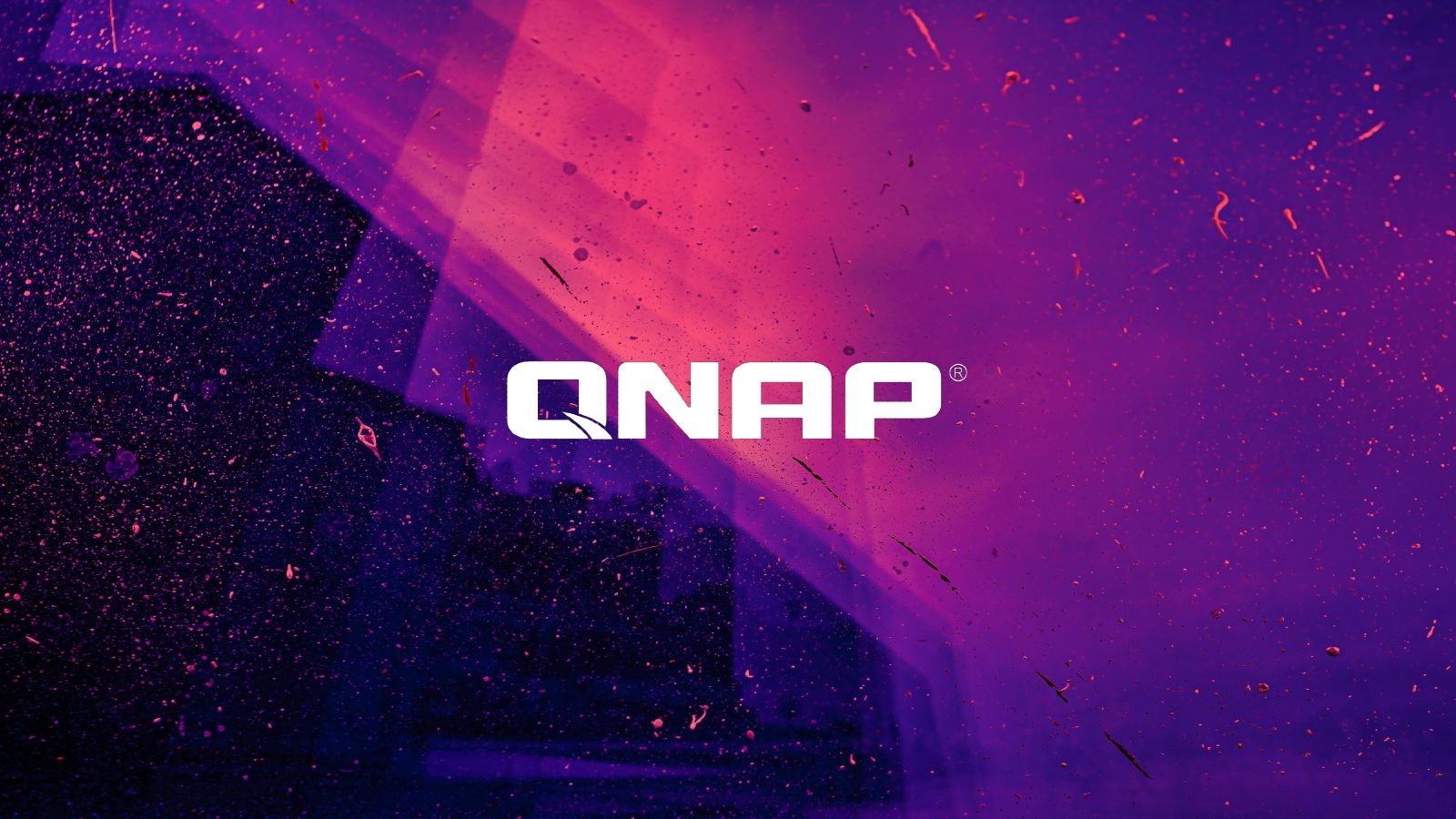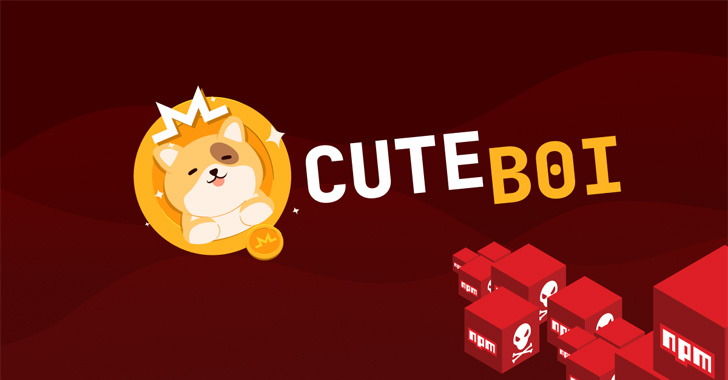The latest funding, which brings the total raised by Coalition to more than $755 million, came from Allianz X, Valor Equity Partners, Kinetic Partners, and other existing investors.
Researchers captured three different samples active in the threat campaign. The first sample is an Excel file with Excel 4.0 macros. The second is an LNK file (Windows shortcut file). The third sample is an ISO file (optical disk image).
The threat actors have been targeting the Indian government’s portal by utilizing a bogus URL to trick users into submitting sensitive information such as credit card numbers, expiration months, and CVV codes, according to CloudSEK.
QNAP says the attacks are focused on Internet-exposed QNAP devices with the SMB service enabled and accounts with weak passwords that can easily be cracked in brute-force attacks.
Wedding officiant training company American Marriage Ministries (AMM) said it is dealing with another data security issue after reporting a breach of sensitive data to the FBI earlier this year.
In advance of this year’s Amazon Prime Day set for July 12 and 13, Check Point said it has seen a 37% jump in Amazon-related phishing attacks at the start of July compared with the daily average for June.
The UK’s leading cybersecurity agency has urged organizations to follow best practices and take care of their infosecurity staff in order to weather an extended period of elevated cyber risk due to the ongoing war in Ukraine.
On Twitter and Facebook, the school explained that it is experiencing a system-wide outage of most online services but noted that programs such as Canvas, Adobe, and Microsoft Teams are still available to students.
The added value of ENISA threat intelligence efforts lies in offering updated information on the dynamically changing threat landscape. These efforts support risk mitigation, promote situational awareness and proactively respond to future challenges.
The malicious activity, attributed to a software supply chain threat actor dubbed CuteBoi, involves an array of 1,283 rogue modules that were published in an automated fashion from over 1,000 different user accounts.









